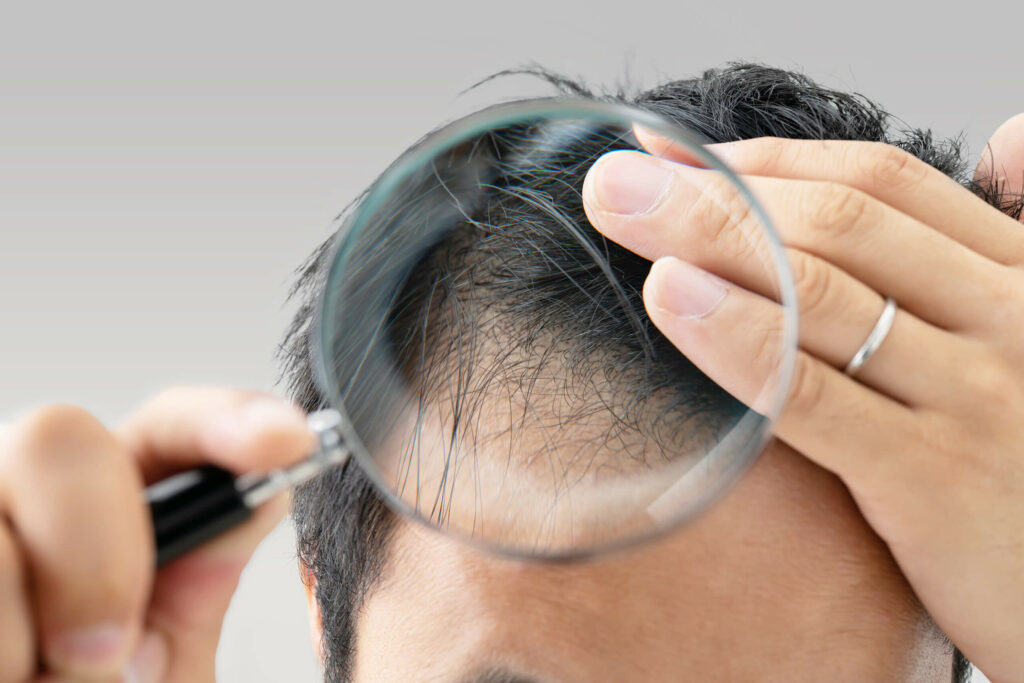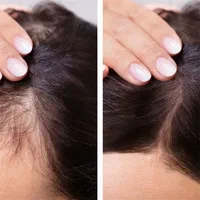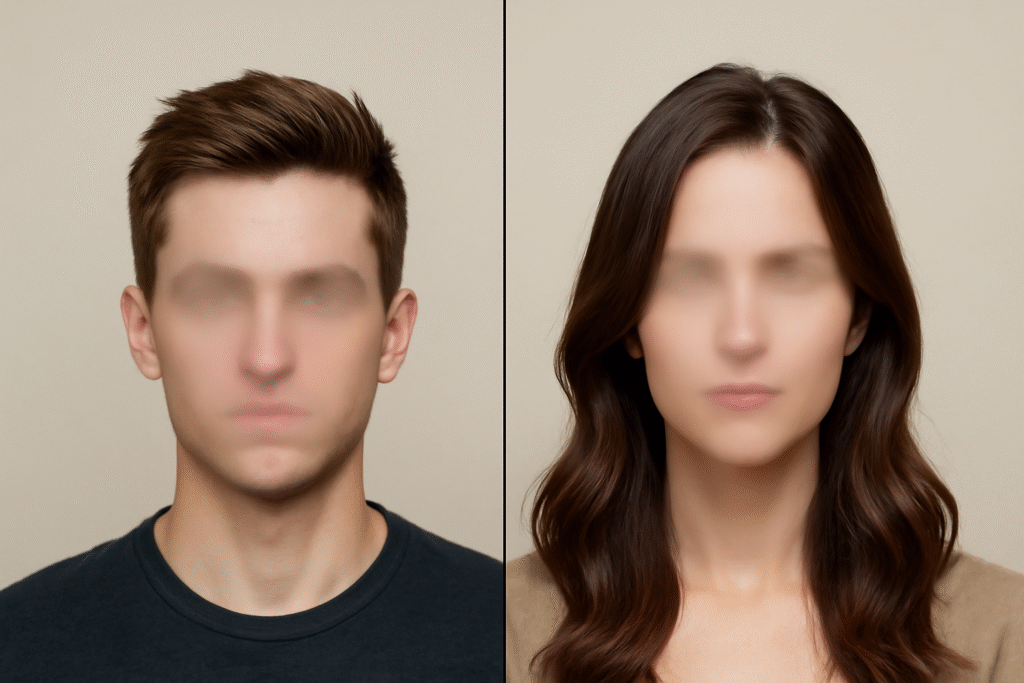Are you worried about your hair thinning or falling out faster than usual? You’re not alone—and you’re also not without options.
In this guide, we’ll explore the Best Hair Loss Medication Options available today. You’ll learn how they work, which ones are clinically proven, and what to expect.
Whether you’re dealing with male pattern baldness, female hair thinning, or stress-related hair loss, this article provides medically accurate solutions to help you regain confidence and healthy hair.
What Is Hair Loss Medication?
Hair loss medications are pharmaceutical or topical treatments designed to slow down hair thinning, stimulate regrowth, or prevent further loss.
These medications work in different ways depending on the type and cause of your hair loss—be it hormonal, autoimmune, or nutritional.
There are FDA-approved drugs for both men and women, as well as off-label and natural remedies that are commonly used under medical supervision.
What Causes Hair Loss?
Before choosing the right treatment, it’s important to understand what might be causing your hair loss:
Common Causes of Hair Loss:
- Genetics (Androgenetic Alopecia)
- Hormonal imbalances (e.g., PCOS, thyroid disorders)
- Stress or trauma
- Autoimmune diseases (Alopecia Areata)
- Nutritional deficiencies (iron, vitamin D, biotin)
- Medications (chemotherapy, antidepressants)

FDA-Approved Hair Loss Medications
1. Minoxidil (Rogaine)
- Type: Topical solution or foam
- How it works: Increases blood flow to hair follicles, prolonging the growth phase.
- Who it’s for: Men and women with pattern hair loss.
- Benefits:
- Available over the counter
- Improves hair density over time
- Limitations:
- Must be used continuously
- Results may take 3–6 months
- May cause scalp irritation
2. Finasteride (Propecia)
- Type: Oral medication
- How it works: Blocks DHT, a hormone responsible for shrinking hair follicles in male pattern baldness.
- Who it’s for: Men only
- Benefits:
- Can stop hair loss progression
- Some users see regrowth in crown and mid-scalp
- Limitations:
- Prescription required
- May cause sexual side effects in rare cases
- Not recommended for women
Pro Tip: Combining Finasteride and Minoxidil may offer better results than using either alone.
Off-Label Prescription Medications for Hair Loss
1. Dutasteride
- Stronger than Finasteride; blocks more types of DHT
- Often used off-label for hair loss
- Effective but may have stronger side effects
- Not FDA-approved specifically for hair loss
2. Spironolactone (for Women)
- Anti-androgen that reduces hormonal hair loss
- Commonly prescribed for women with PCOS or high testosterone
- Not suitable for men due to feminizing effects
Natural & Over-the-Counter Alternatives
While not FDA-approved, some patients explore these as part of a broader regimen:
- Biotin Supplements – Good for hair health but not a cure for baldness
- Pumpkin Seed Oil – May reduce DHT activity
- Saw Palmetto – Natural DHT blocker, used in shampoos or pills
- Caffeine Shampoos – Stimulate blood flow to scalp (limited evidence)
Expert Insight: According to Dr. Rana Irfan (ABHRS, ISHRS), “Natural treatments can support hair health but should not replace clinically-proven medication in cases of significant hair loss.”
How to Choose the Right Hair Loss Medication
Step-by-Step Guide:
- Get a Diagnosis
Visit a hair specialist or dermatologist to identify the root cause. - Understand Your Hair Loss Type
Is it genetic, hormonal, or stress-related? - Start with FDA-Approved Treatments
These offer the best balance of efficacy and safety. - Consider Side Effects & Lifestyle Compatibility
Topical vs oral, daily use, long-term commitment. - Follow Up Regularly
Monitor progress with your doctor and adjust your plan if needed.
How Long Does It Take for Hair Loss Medication to Work?
- Minoxidil: 3–6 months for visible results
- Finasteride: 4–6 months to slow shedding; up to a year for regrowth
- Spironolactone: 3–9 months, depending on hormonal levels
- Supplements: Variable; mostly preventative or supportive
Consistency is key—stopping treatment can reverse progress.

Are There Side Effects?
Common Side Effects:
- Minoxidil: Scalp dryness, unwanted facial hair (women)
- Finasteride: Decreased libido, dizziness (rare)
- Spironolactone: Breast tenderness, irregular periods (women)
Success Stories: Patient Experiences with Hair Loss Medication
Case Study – Male Pattern Baldness (Age 35):
Started on Finasteride + Minoxidil combo. Regrowth noticed at month 4. By month 10, significant improvement in crown density. No side effects.
Case Study – Female Hair Thinning (Age 28):
Diagnosed with PCOS. Spironolactone + Biotin led to reduced shedding within 3 months.

FAQs About Hair Loss Medication
Q1: Can I stop taking hair loss medication after results?
A: No. Most medications need continuous use to maintain benefits.
Q2: Is it safe to use hair loss meds with other treatments like PRP or transplants?
A: Yes, often recommended to improve results.
Q3: What’s the best hair loss medication for women?
A: Minoxidil is FDA-approved. Spironolactone may help with hormonal causes.
Q4: Are there affordable options in Pakistan?
A: Yes. Minoxidil and Finasteride are widely available in generic forms.
Take the First Step Toward Regrowing Your Hair
Ready to tackle hair loss with confidence? Book a consultation with Dr. Rana Irfan in Islamabad, a globally certified hair restoration expert (ABHRS, ISHRS). Get a personalized plan with the right combination of medication, PRP, or FUE transplant options tailored to your hair type and goals.
